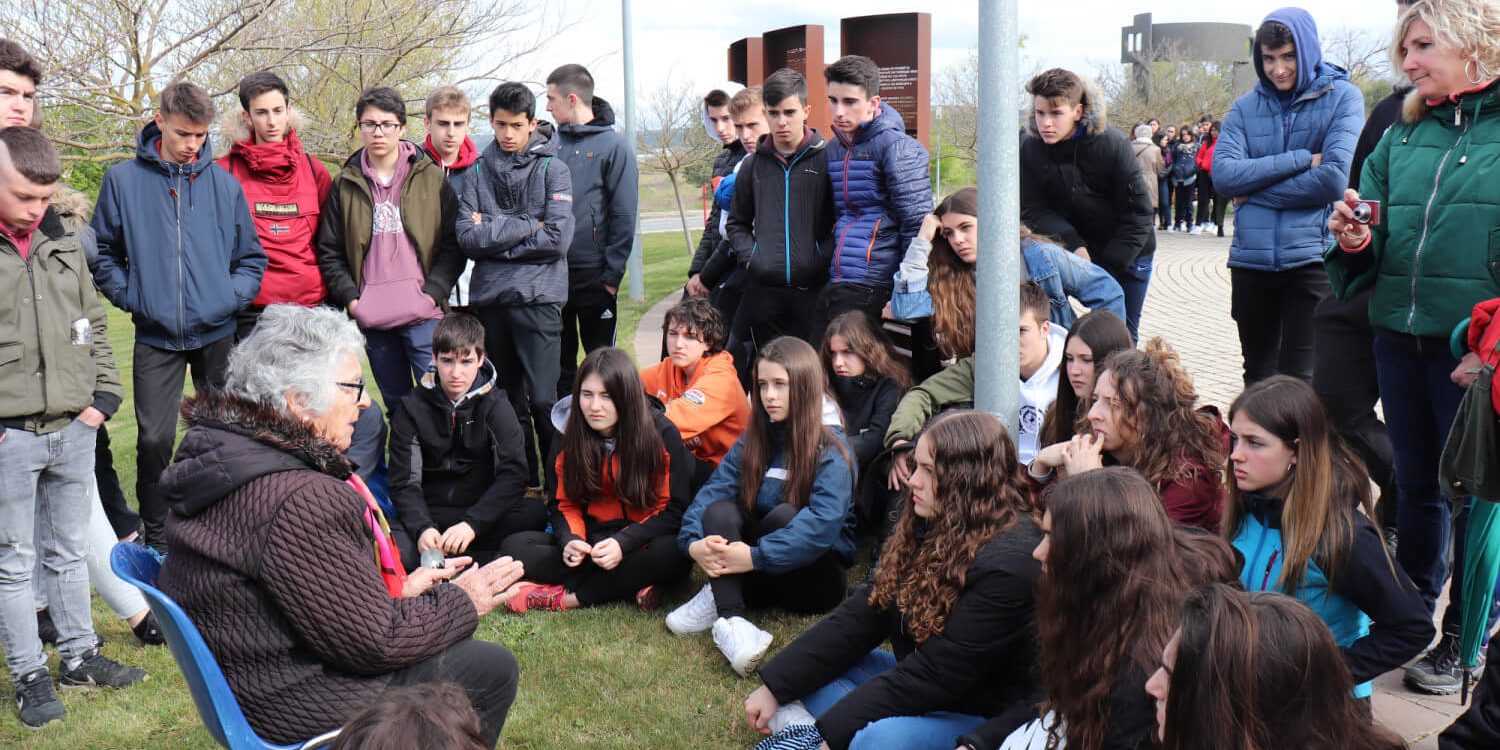EUROM is a proud collaborator in the Second International Congress History with Memory in Education, organized by the Navarre Institute of Memory. This event responds to an urgent call for education that confronts the brutality of modern violence—where archaic, ancestral savagery intersects ominously with the advanced, destructive technology of total warfare. In education, the collective memory of past ruins (memory) and the tools to analyze and understand them (history) are tasked with an ethical and civic duty: to help us imagine futures that resist the bleak echoes of the past, a past that still lingers today.
The path forward is one of education that critically examines the present to foster a citizenry that is informed, dissident, and resistant to inequality and exclusion. This is an education rooted in history from below—with new narratives that uplift the voices of those historically silenced and advocate for the equal rights of men and women. It is essential to support educational initiatives that leverage historical, cultural, and artistic resources to explore daily life and build history from the ground up. In this tradition, oral histories—whether constructed by students or sourced from digital archives that preserve accounts of trauma and resistance to dictatorship—offer powerful tools for understanding and empathy.
Increasingly, educational journeys and explorations through public memory spaces, both rural and urban, are becoming well-established practices. These memory sites hold immense educational potential, inviting us to engage with them thoughtfully, reflect on their theoretical foundations, and recognize the evolving nature of their meanings. In doing so, we can examine the social processes through which these markers of memory are created and sustained. Promoting joint projects among educational centers—whether focused on local memories or shared themes of captivity, violence, deportation, exile, or forced labor—strengthens our collective understanding and connects communities across distances through a shared commitment to memory and historical justice.
Programme
All information regarding the conference will be published and updated on its website. Registration to attend the conference is free and will open on September 2. Communicants must also register. In collective communications, registration of at least one of the authors is requested.
Organization
- Navarre Institute of Memory. Directorate General of Memory and Coexistence. Department of Memory and Coexistence, Outdoor and Basque Action. Government of Navarre.
- Organization, Training and Quality Service. Inclusion, Equality and Coexistence Service. General Directorate of Education. Education Department. Government of Navarre.
Collaboration
- FEDICARIA
- FDMHN Documentary Fund of Historical Memory in Navarre. Public University of Navarra
- GIGEFRA Civil War Research Group and Francoism. Complutense University of Madrid
- GREDICS Research Group on Science Teaching Socials. Autonomous University of Barcelona
- HISTAGRA Agrarian and Political History Group Rural World. University of Santiago de Compostela
- Chair of Intangible Heritage. Public University of Navarra
- Learn Ikasi Chair Caja Navarra Foundation. Public University of Navarra
- IGU Gerónimo de Uztáriz Institute. Navarre
- Pedagogical Committee of the ACEPF, Catalan Association of former political prisiones of Francoism
- EUROM European Observatory on Memories. University of Batrcelona Solidarity Foundation
- RedPROMEDEX Network of Professors for the Democratic Memory of Extremadura


